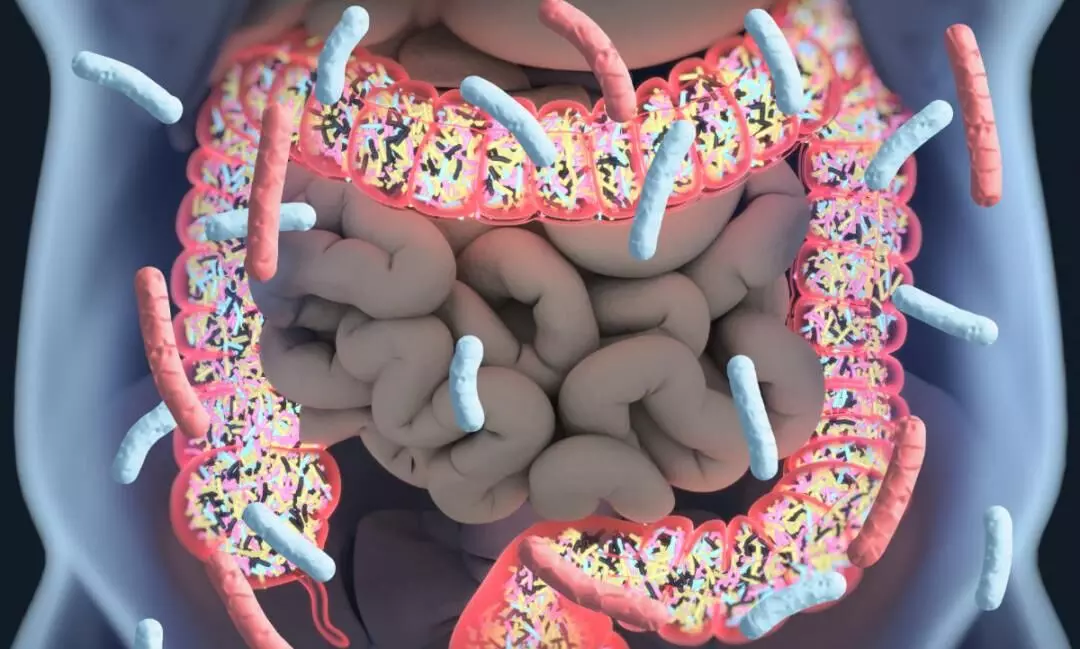Here's how COVID-19 patients can overcome gastrointestinal complications
50% of COVID-19 victims likely to suffer from gastro-intestinal related complications
By Newsmeter Network
Hyderabad: COVID-19 causes moderate to severe gastrointestinal complications among those who have or have recovered from the infection. Nearly 50 per cent of COVID-19 victims suffer from gastrointestinal-linked complications such as nausea, vomiting, and an upset tummy.
Multiple studies have established the impact of COVID-19 on the human digestive system. It is therefore prudent to pay attention to all patients with a history of epidemiological exposure as COVID-19 infection may result in troubling and lasting gastrointestinal symptoms.
The novel coronavirus infection affects the gut microbiome, the liver, and the pancreas. In the liver, COVID-19 may result in an abnormal liver function like the increase of liver enzymes, and these liver enzymes are associated with the severity of COVID-19 infection. It may cause pancreatitis in a few patients and this is very troubling. It is thus important that patients with preexisting gastrointestinal-related complications remain cautious and seek the right medical attention early instead of depending on home remedies or unsolicited advice.
The right diet is the most important component to overcome any health complication, including COVID-19 infection and related complications. The impact of dietary patterns on susceptibility to and severity of infection with the SARS-CoV-2 virus has been largely ignored by people at large. Several studies show that an optimal immune response depends on proper diet and nutrition to control SARS-CoV-2 infection. Consuming anti-inflammatory diet with antioxidant properties like Omega-3 fatty acids, Vitamin C, Vitamin E, and Phytochemicals such as carotenoids and polyphenols are important.
Consuming plant-based foods like fruits, vegetables, legumes, and intake of whole grains adds to fiber intake and helps in promoting the growth of good bacteria in the gut. The favorable intestinal microbiome composition in these foods reduces intestinal and systemic inflammation through fermentation by gut microbiota and the consequent formation of beneficial metabolic compounds. Hence, it is important to focus on dietary practices to ensure the body is prepared to tackle any possible complications arising due to infections like novel coronavirus.
Dr. Bharat Kumar Nara is a consultant gastroenterologist at Gleneagles Global Hospitals, Lakdikapul, Hyderabad.